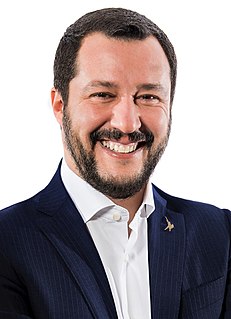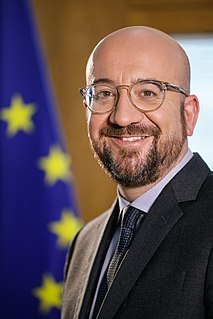A Quote by Mahathir Mohamad
Justice is the most important thing. In a plural society like Malaysia, you cannot have two laws - one law for the Muslim, one law for the non-Muslim.
Related Quotes
In Italy there are 5 million legal migrants. They're integrated, and they're welcome. The problem of the Muslim presence is increasingly worrying. There are more and more clashes, more and more demands. And I doubt the compatibility of Italian law with Muslim law, because it's not just a religion but a law. And problems can be seen in Great Britain as well as in Germany, so reassessing our coexistence is fundamental.
In a democracy - even if it is a so-called democracy like our white-?litist one - the greatest veneration one can show the rule of law is to keep a watch on it, and to reserve the right to judge unjust laws and the subversion of the function of the law by the power of the state. That vigilance is the most important proof of respect for the law.
Actually I'm more culturally Muslim than religiously but being Muslim is an important part of my identity. As Muslim, I feel it's important to counter any form of bigotry, be it anti-Semitism, homophobia, racism, etc. These forms of hate share a common denominator of misinformation and intentional fear mongering.
The doctrines thus delivered we call the revealed or divine law, and they are to be found only in the holy scriptures.. are found upon comparison to be really part of the original law of nature. Upon these two foundations, the law of nature and the law of revelation, depend all human laws; that is to say, no human laws should be suffered to contradict these.

































